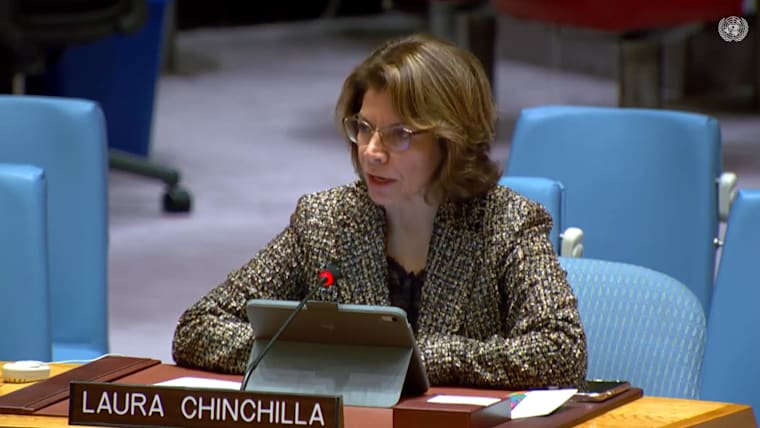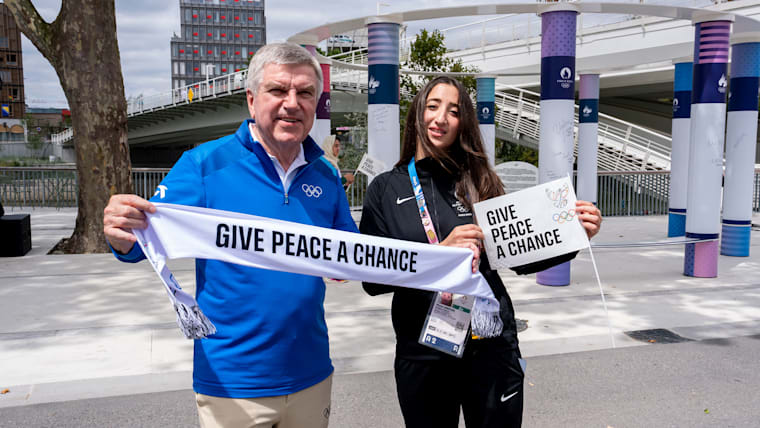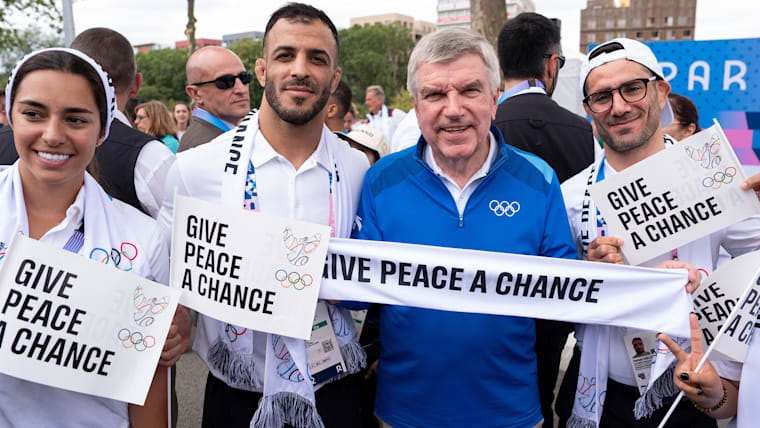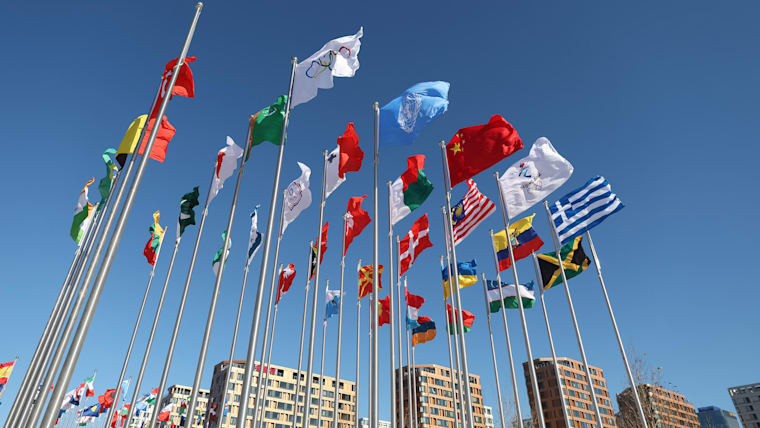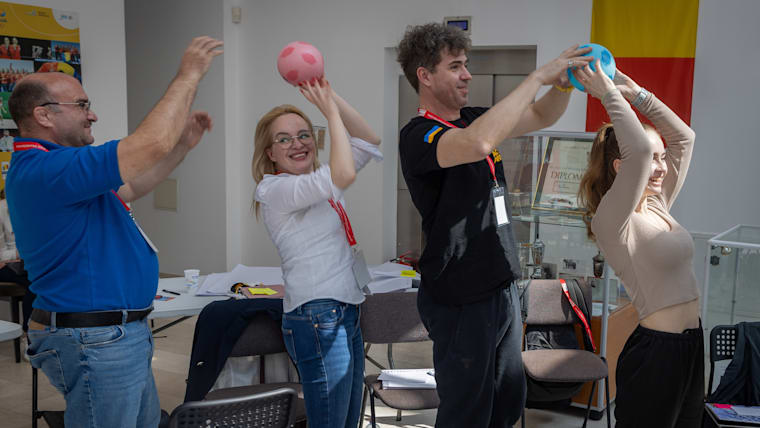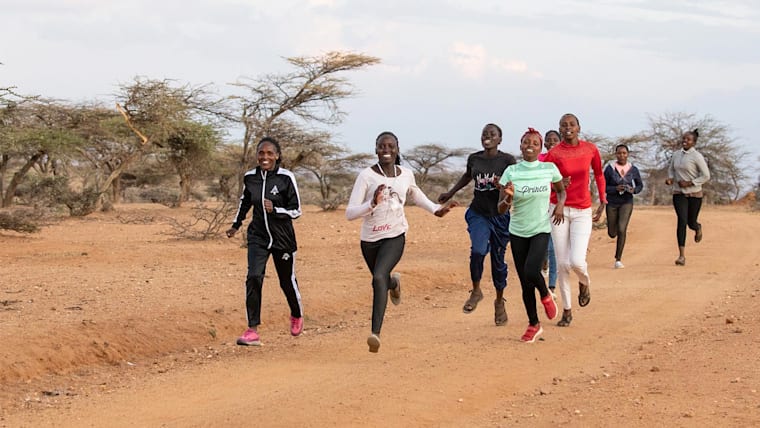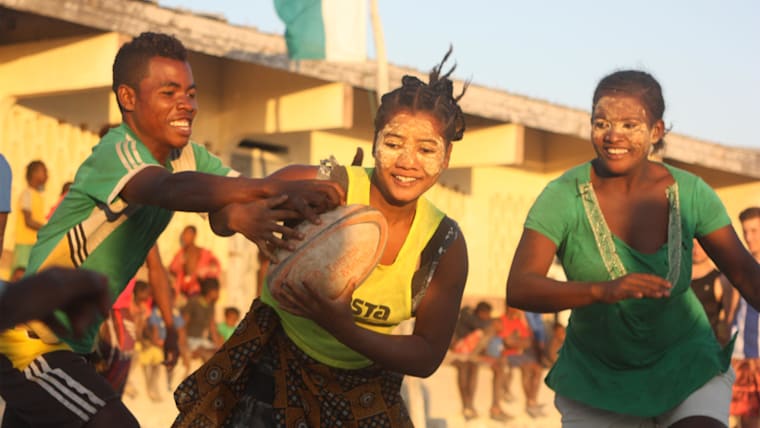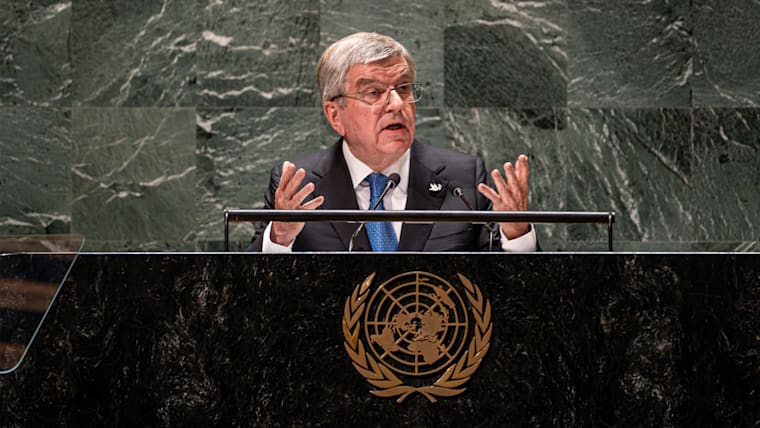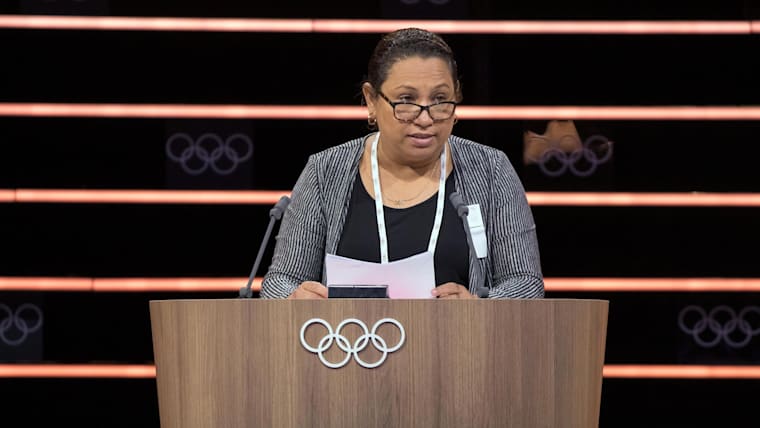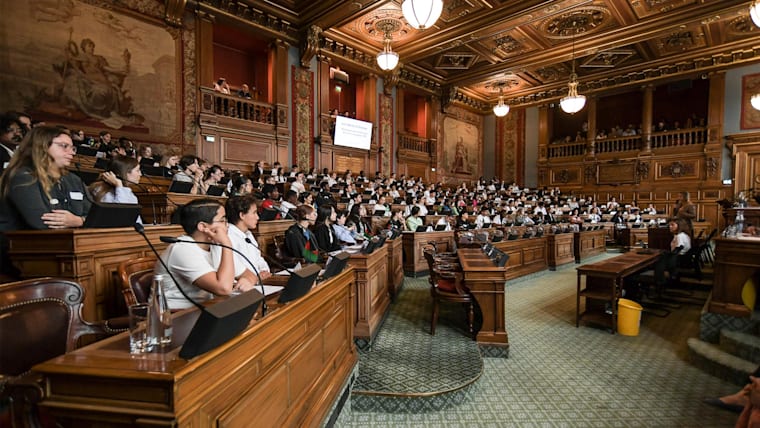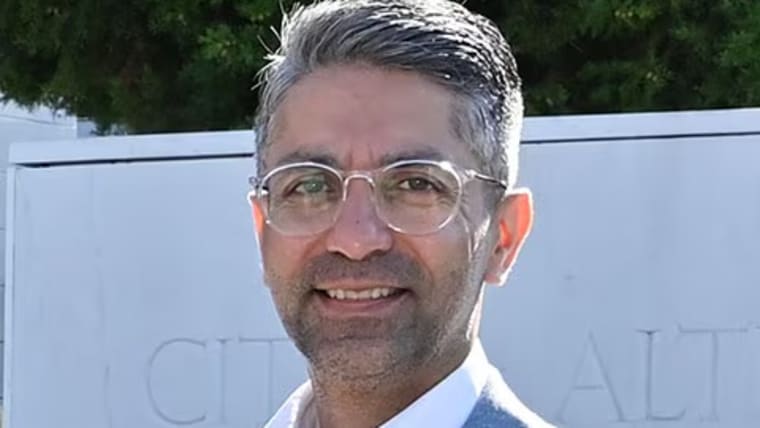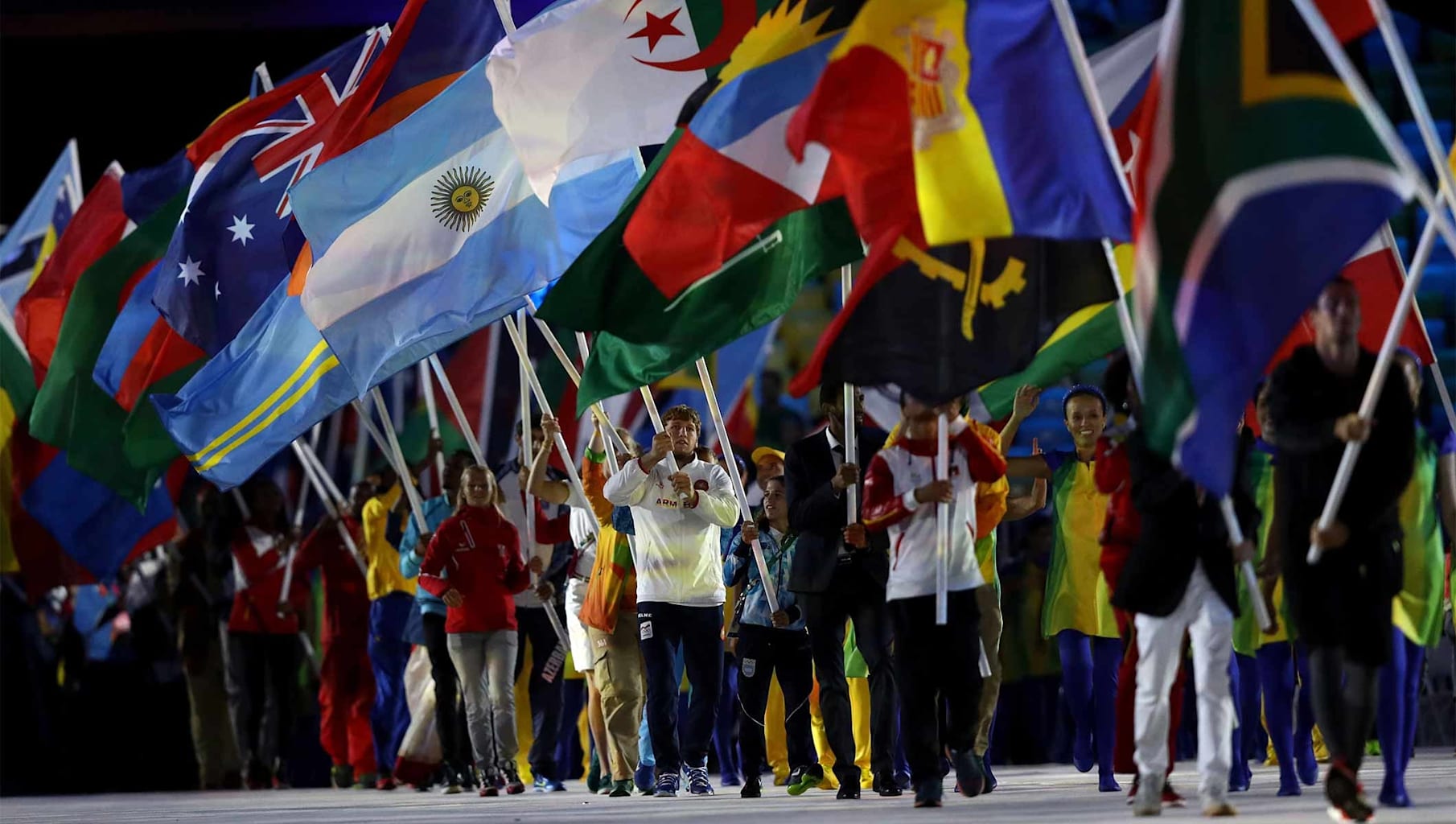
Peace and development through sport
Latest news
Sport is a powerful means to build bridges, bring people together and shape peace; it builds friendships and draws lines of respect across borders.
The IOC, through the Olympic Games and its programmes, supports peacebuilding, gender equality, sustainability and development through sport to advance the United Nations (UN) Sustainable Development Goals (SDGs). Additionally, the IOC cooperates with a wide range of organisations, including numerous UN agencies, as well as international governmental and non-governmental institutions, on projects which use sport as a tool for development. National Olympic Committees (NOCs) also support these activities locally through their sports expertise and networks. Several International Federations (IFs) have also developed initiatives in this field.
The goal of Olympism is to place sport at the service of the harmonious development of man, with a view to promoting a peaceful society concerned with the preservation of human dignity.
Cooperation with the United Nations
The United Nations (UN) has long recognised the contribution of sport for development and peace, talking about sport as a universal language that can be a powerful tool to promote peace, tolerance and understanding by bringing people together across boundaries and cultures. This mirrors the overarching mission of the IOC and one of the Fundamental Principles of the Olympic Charter, which is to place sport at the service of humankind, contributing to building a peaceful and better world through sport. Unlike any other global event, the Olympic Games have the power to bring humanity, in all its diversity, together.
The shared goal of the UN and the IOC is to make the world a better and more peaceful place. For the IOC, this means putting sport at the service of the peaceful development of humanity.
Collaborations between the IOC and the UN have played a central role in spreading the acceptance of sport as a means to promote internationally agreed development goals. In 2015, in a historic moment for sport and the Olympic Movement, sport was officially recognised as an “important enabler” of sustainable development and included in the UN’s Agenda 2030. This was reiterated in 2024, with the inclusion of sport in the UN’s Pact for the Future and Declaration on Future Generations.
In recent years, a few historical milestones significantly reinforced the partnership between the IOC and the UN, which dates back to 1922, when the IOC and the International Labour Organisation (ILO) established an institutional partnership.
Key moments
International Day of Peace
The IOC regularly joins the celebrations of the International Day of Peace, observed around the world on 21 September.
The International Day of Peace was established in 1981 by the United Nations General Assembly. Two decades later, in 2001, the General Assembly unanimously voted to designate the day as a period of non-violence and cease-fire.
The United Nations invites all nations and people to honour a cessation of hostilities on this day, and to otherwise commemorate the day through education and public awareness on issues related to peace.

